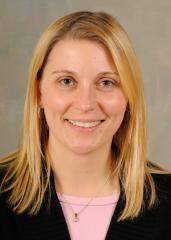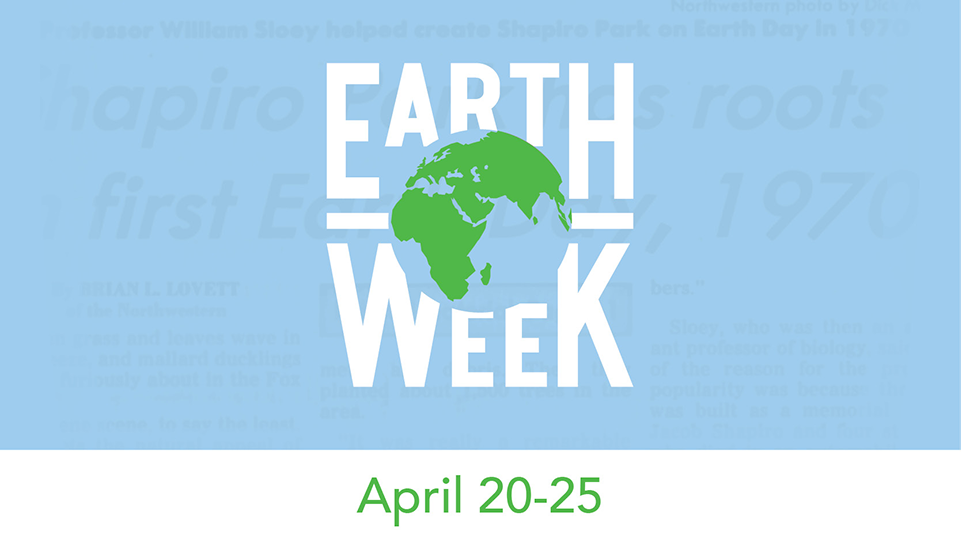There’s reason for concern—and some hope—when considering what the coronavirus crisis can teach us about what needs to be done about our role in climate change.
The topic of the pandemic and its intersection with sustainability was the subject of a virtual panel held Wednesday afternoon as part of University of Wisconsin Oshkosh’s series of Earth Week events.

Brad Spanbauer
Stephanie Spehar, associate anthropology professor, moderated the interdisciplinary discussion that included assistant sociology professor Jeremiah Bohr, associate English professor Stewart Cole, environmental studies and history professor Jim Feldman, associate biology professor Sabrina Mueller-Spitz and campus sustainability officer Brad Spanbauer.
Wednesday marked the 50th anniversary of Earth Day. UW Oshkosh typically celebrates with a week of on-campus activities and events, but this year’s slate moved online because of the ongoing public health crisis. Programming continues through Friday.
Among the running themes in the discussion was the need for a communal response. Much like the way our day-to-day lives have been significantly altered to slow the spread of COVID-19, major changes to our daily lives are necessary to slow the warming of the planet.
“What I think COVID is showing me is in some ways we are prepared and in many ways we are incredibly unprepared,” Spanbauer said. “Not just for something like a global pandemic, but we are incredibly not prepared for climate change and for all the things that come with climate change.”
Mueller-Spitz, an environmental microbiologist, stressed the need for microbial literacy moving forward. She also suggested that maybe younger generations experiencing the events of 2020 will better prepare them for what’s necessary in terms of sustainability.

Sabrina Mueller-Spitz
Bohr pointed out the parallels in how COVID-19 and climate change both disproportionately impact vulnerable populations, and how in both cases state and institutional intervention are necessary to save lives.
Cole explained how human behavior likely caused the pandemic in the first place. Some of the first people infected with COVID-19 were linked to a large live animal market in China, suggesting animal-to-human spread, according to the Centers for Disease Control and Prevention.
“One of the things that I think that we can learn from this is that viruses like this are not a random occurrence,” he said. “They’re a result of our reconfiguring our interfaces with non-human animal populations … usually in exploitative ways, in ways that treat animals as biological matter to be manipulated as opposed to beings in their own right.”
Late in the hour-long discussion, Feldman gave a reminder of a reason for optimism.
“It’s really striking how quickly people were able to change their behavior in really profound ways, really quickly,” he said of the nationwide response of the past two months. “If you’d have told me this was going to happen and happen in this way before it happened, I wouldn’t have believed you.
“I think there’s for sure some hope there.”
Learn more:

